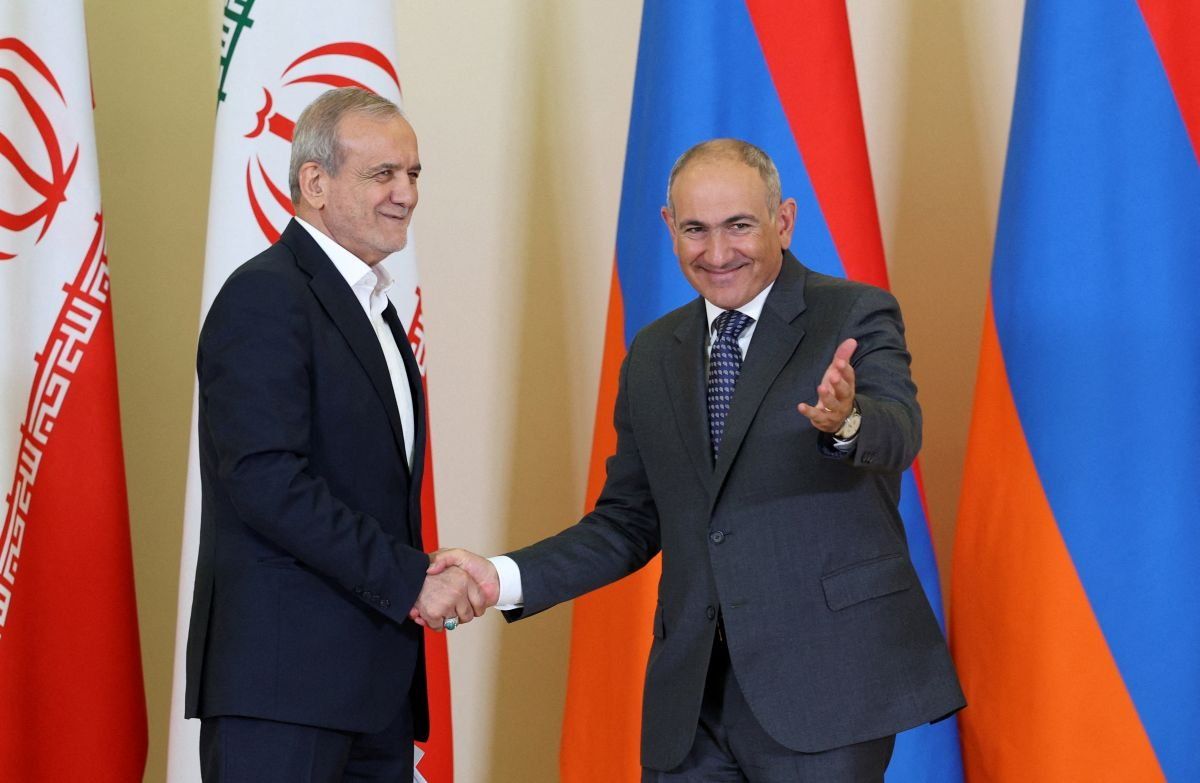$3 billion: Armenia and Iran pledged to triple bilateral trade to
$3 billion this week, just days after Yerevan inked a US-brokered peace deal with Azerbaijan. Tehran takes issue with a part of the deal giving the US exclusive development rights to a new privately-run trade corridor that runs from Turkey, through Armenia, to Azerbaijan.
30: Congo’s government and Rwanda-backed M23 rebels blew past a 30-day deadline for a peace deal to stop the fighting in the DRC, raising fears of renewed violence. Despite signing a July 19 declaration of principles, disputes — particularly over prisoner releases — have stalled talks.
50: Lesotho is scrambling for new textile markets in Asia, Africa, and Europe after Trump tariffs kneecapped its largest export sector. Orders from US buyers, which were among Lesotho’s top importers, collapsed after an initial 50% levy (later cut to 15%) that forced factory closures. Maseru now wants Washington to cut duties to 10% or less to compete with Eswatini and Kenya.
30:Donald Trump says he’ll ban mail-in ballots and some voting machines by executive order before the 2026 midterms. Problem: Elections are run by states and Congress, not the White House. Mail-in ballots made up roughly
30% of votes cast in 2024.
